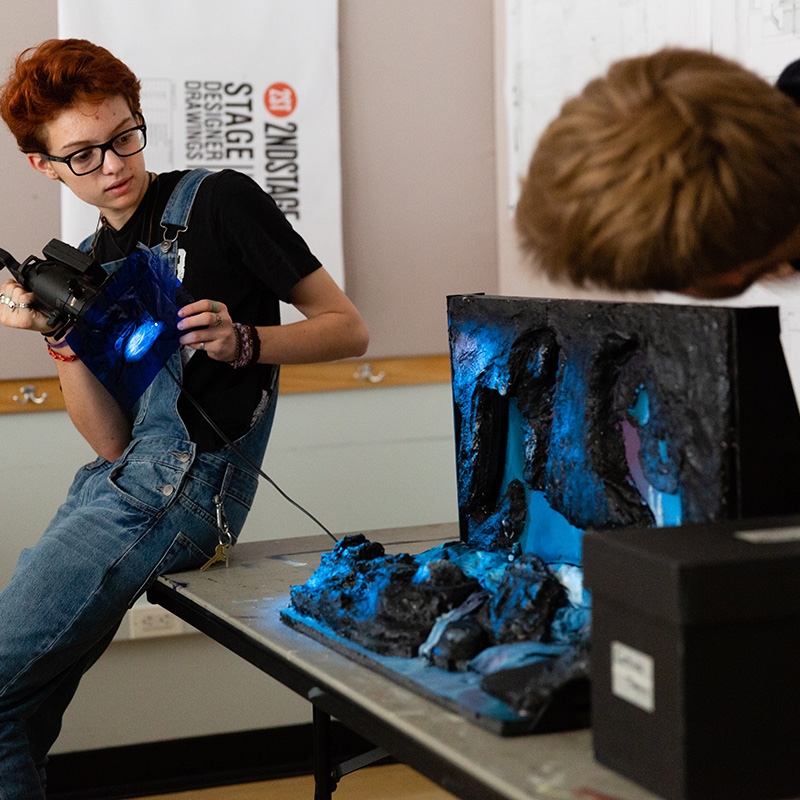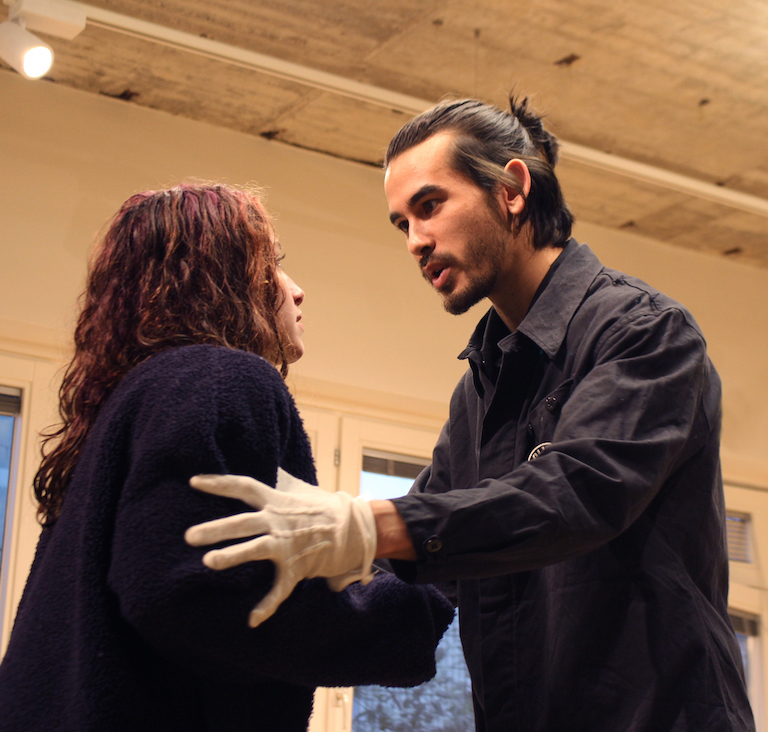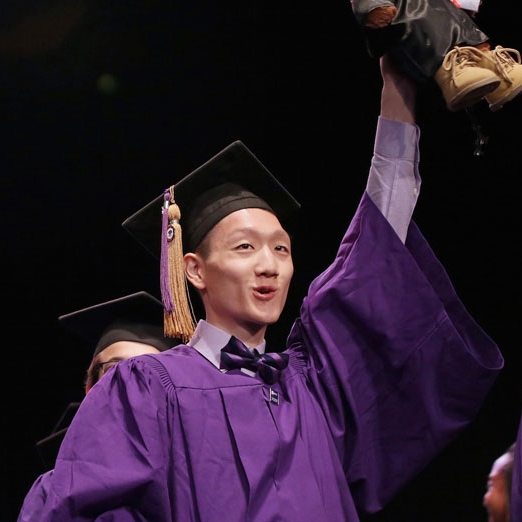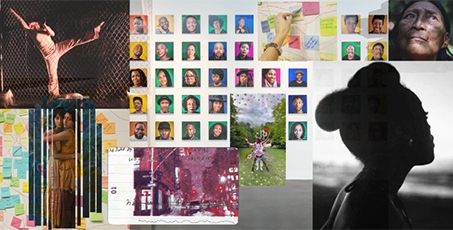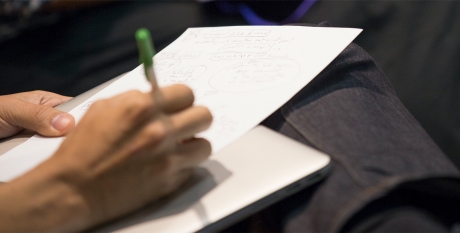Being the parent of a college student can be a source of pride and deep satisfaction, but it can also be confusing at times. It’s hard to know when to let your son or daughter handle things on his or her own and when to become involved yourself. We welcome parents to call the Tisch Office of Student Affairs at 212-998-1900 with any questions you may have. You can also find answers to Frequently Asked Questions below.
For more useful information for parents, visit the online Parent Resources at the Center for Student Life in New York.




